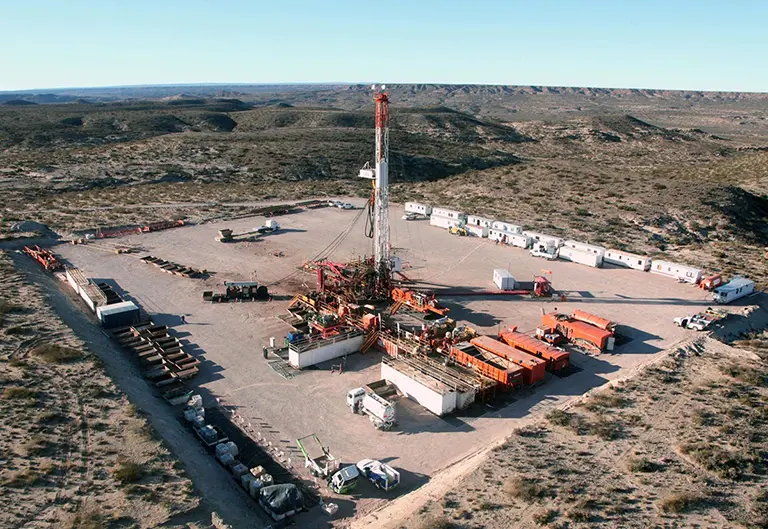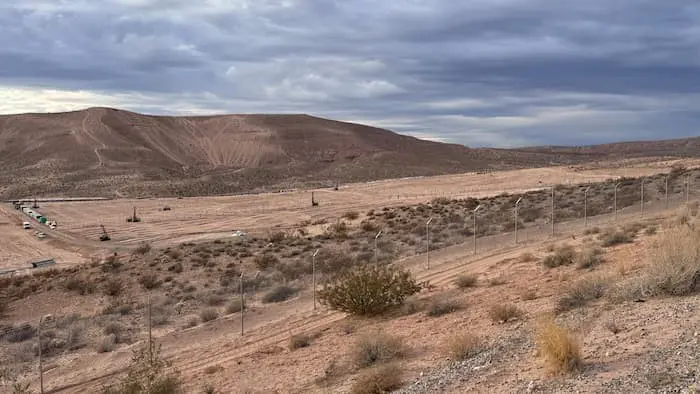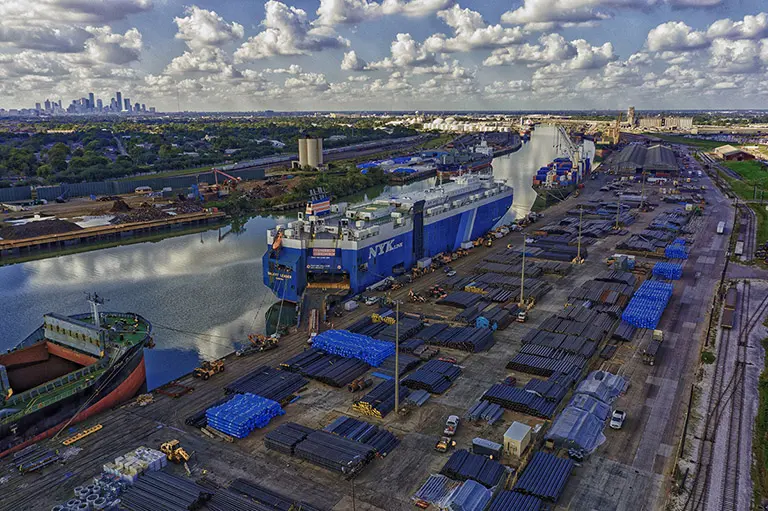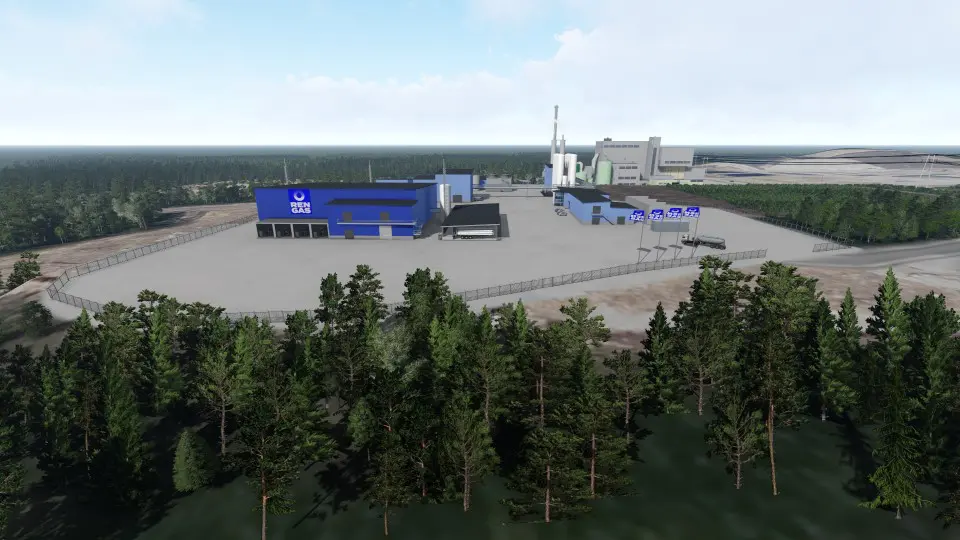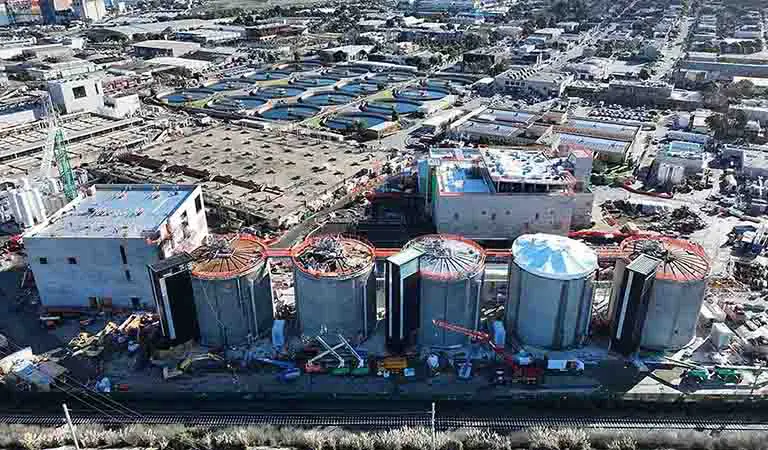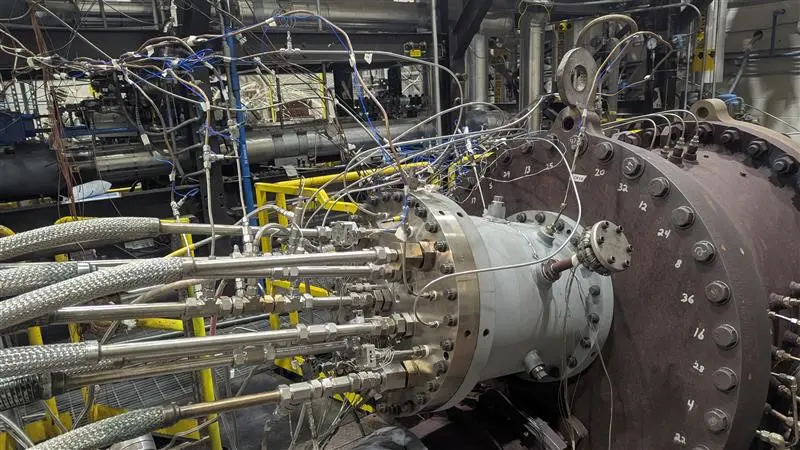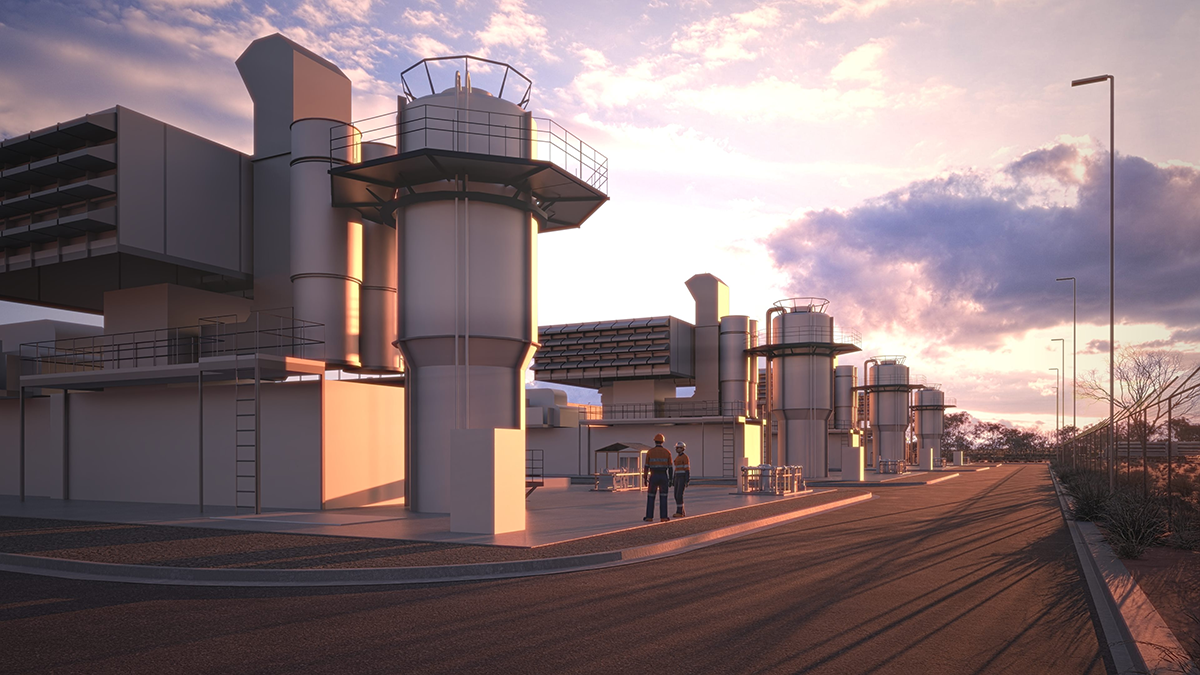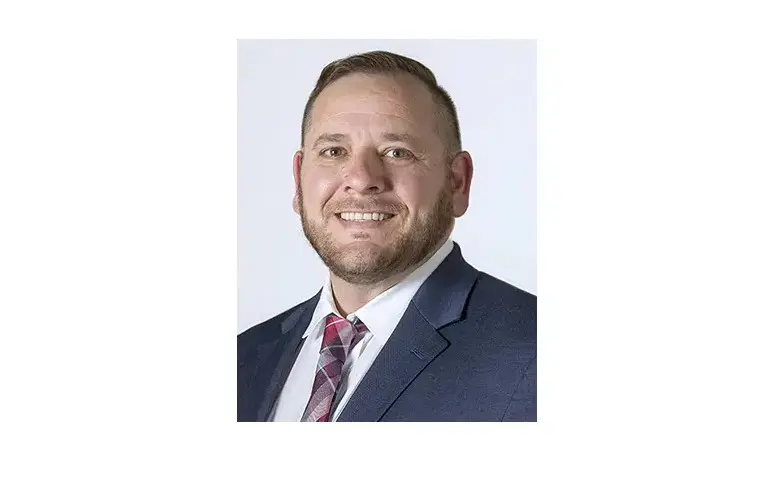
North America’s First Hydrogen Fuel Cell-Powered Electric Refuse Collection Vehicle

Recology, a sustainable waste management company, began testing North America’s first hydrogen fuel cell-powered electric refuse collection vehicle in San Francisco, accelerating a US-led, zero-emission energy transition transforming the global waste industry and addressing climate change.
The refuse collection vehicle was built in partnership between New Way Trucks (New Way), a refuse truck body manufacturer, and fuel cell manufacturer and technology developer Hyzon. Recology will be the first waste and recycling company to pilot this hydrogen fuel cell-powered electric refuse vehicle in the US, and San Francisco will be the first city in North America to test it on urban streets.
“In our quest to help protect the environment and address climate change, San Francisco is once again leading the nation in testing new approaches and equipment,” said Salvatore M. Coniglio, chief executive officer of Recology. “Recology’s leadership on recycling and composting helped make San Francisco the greenest big city in the nation, now we are leading the way on sustainable operations.”
Recology has long emphasized fleet sustainability. In 2019, the company put into service the nation’s first electric Class 8 rear loader in Seattle. Since then, Recology has tested electric collection vehicles throughout its operations and has prioritized the use of renewable or alternative fuels in its fleet, reducing the company’s emissions from fuel use by more than 77% since 2018.
Recology’s trial of the new hydrogen fuel cell-powered trucks on San Francisco streets tracks with regional leaders’ efforts to bring a similar technology to the ferry boats that traverse San Francisco Bay every day.
“Addressing climate change and air pollution, regionally and nationally, requires us to look at the vehicles we rely on every day to provide essential services to our communities. Recology has long partnered with the city to protect our environment by pioneering how we reduce waste. Now I’m excited to see how Recology is also helping us meet our aggressive greenhouse reduction goals through cleaner vehicles,” said Tyrone Jue, director of the San Francisco Environment Department.
Given the number of waste collection trucks on the nation’s roadways on any given day, the transition to zero emission vehicles is a critical element of the US strategy to address climate change and reduce greenhouse gas emissions.
“Considering there are more than 140,000 refuse trucks operating across the market today, waste collection presents an ideal application to showcase the viability of hydrogen fuel cell technology across the environmental services industry,” said Eric Evans, chief product officer for New Way.
Recology leadership got an early look at the new technology late last year, and New Way and Hyzon debuted the hydrogen fuel cell-powered electric refuse vehicle at Waste Expo in Las Vegas in May.
“When I saw the incredible strides New Way and Hyzon were making toward a zero-emission future for our industry, I knew that Recology needed to bring this technology to San Francisco,” said Coniglio.
“Recology’s commitment to implementing clean energy initiatives make them the perfect partner to begin these trials,” said New Way chief sales officer Don Ross. “This hydrogen-powered refuse collection vehicle is being designed to best meet the needs of waste haulers who are championing alternative, sustainable solutions, and there is no better place to start these trials than in the San Francisco Bay Area with Recology, a company well-known for its sustainability initiatives.” Ross, who also serves as Chairman of the National Waste & Recycling Association (NWRA), added that “this technology has the potential to further advance emission reductions in solid waste operations, a traditionally hard to decarbonize industry.”
After piloting the truck in San Francisco, Recology will test it in other Bay Area cities. New Way and Hyzon have scheduled additional trials throughout California later this year, to be followed by more trials in Canada. Recology’s trial aims to confirm that zero-emission vehicles have the power and range required to complete collection routes and transport heavy loads. The companies are confident it will meet the challenge.
“Our Hyzon high-performance hydrogen fuel cell systems offer the right technology to provide zero-emission power tough enough to perform the hard work a refuse truck needs to deliver, day in and day out,” said Hyzon chief executive officer Parker Meeks. “The interest will only increase, and I am excited for our continued partnership with New Way, and service providers like Recology, to change the future and power a better way forward.”
Recology’s trials with New Way and Hyzon will build on Hyzon’s electric refuse collection vehicle trials in Australia, which the company beleives have demonstrated that hydrogen fuel cell technology is a viable replacement for traditional heavy duty diesel engines. All three companies look to show that the New Way-Hyzon hydrogen fuel-cell refuse collection vehicle is overcoming some of the inherent challenges identified with other zero-emission technologies, such as range issues, fluctuations in operating temperatures, and payload limitations.
“Our New Way Sidewinder automated side loader, combined with the consistent and regenerative power of Hyzon’s hydrogen fuel cell drivetrain, offers a lighter weight refuse vehicle, with similar range and performance as the diesel and CNG [compressed natural gas] trucks,” New Way’s Evans said.
Additionally, to further prove hydrogen fuel cells as a more sustainable option in the refuse industry, Hyzon in July launched its Class 8 200kW fuel cell electric vehicle tractor-trailer trial program, which Recology also plans to trial.
According to Hyzon, its high-performance hydrogen fuel cell systems have been shown to provide consistent power over an expected range of at least 125 miles (201 km), including at least 1200 cart lifts, along with trips to transfer stations.


